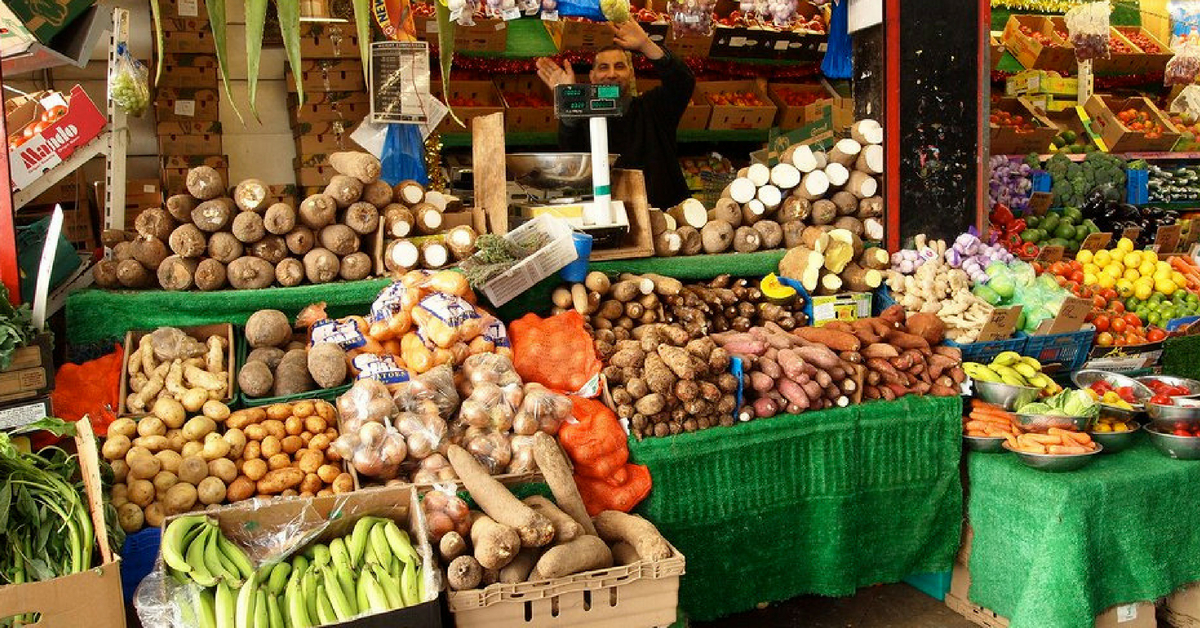Food insecurity persists in Nigeria due to an erratic power supply. This is according to experts in the nutrition industry.
The experts spoke at a recently-concluded webinar on ‘Food Security, Nutrition and Food Safety, Nutrition and Food Safety.’
“There is a point I would like to make as to one of the key reasons Nigeria is food-insecure. One of the reasons is electricity. I hope most people know that Nigeria is at 5000MW and sometimes at zero. The global standard for sustainable development is 1000MW per one million people.
“So, Nigeria should be at 200, 000MW, and we are at 5000MW or less. So, we don’t have the capacity to store food on an industrial scale,” a food expert, Rotimi Sankore said as he maintained that Nigeria lacks the industrial capacity to store food due to low power generation.
Speaking further as a panelist at the webinar, Sankore added that food insecurity is one of Nigeria’s biggest national issues, which should draw the attention of policymakers.
Another expert who also spoke at the webinar, Arigbabu Suleiman revealed that Nigeria has low per hectare yield due to the low support given to small-scale farmers.
“Nigeria does not provide the farmers with good, accurate, reliable and timely climate access. Many farmers plan when they should not and lose after they had to borrow money to plant. The opportunities lost are one of the major reasons we have food insecurity,” he added.
Why conversations on food insecurity matters
Already, no less than 19.4 million Nigerians, according to the United Nations (UN), would face food insecurity by August 2022.
In a report where it made this disclosure, the UN noted that the predicted food insecurity will affect Nigerians in 21 states and FCT including, 416,000 Internally Displaced Persons (IDPs).













